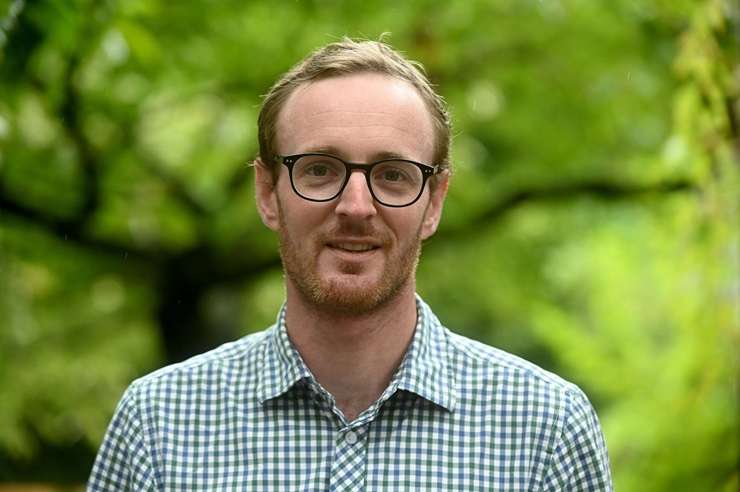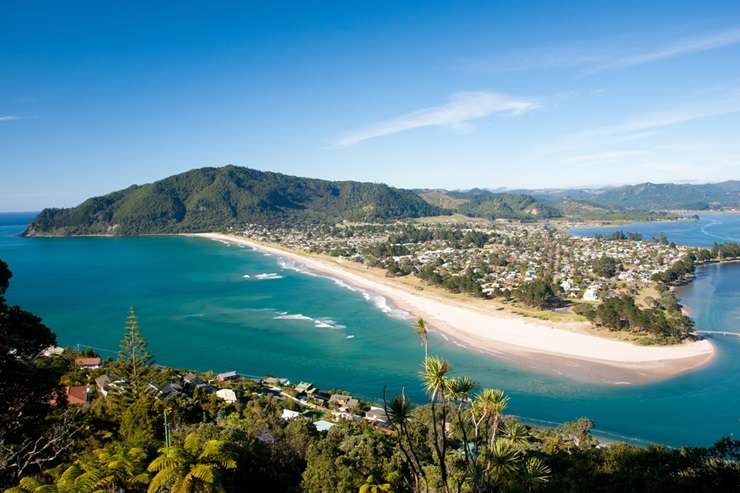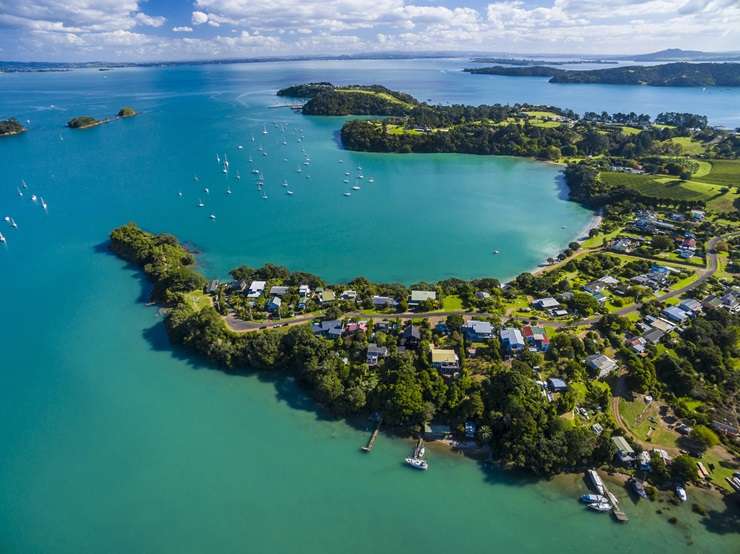The Queenstown rental crisis, which has seen seasonal workers forced to live out of vans, has spread to other holiday hotspots around New Zealand.
In January this year the Environment Court ruled in favour of Queenstown-Lakes District Council requiring short-term accommodation providers to register their properties with the council which has enforced permitted number of days for stays and permitted zones linked to rates requirements.
Queenstown economist Benji Patterson said the issue was not unique to Queenstown, with accommodation capacity at holiday hotspots around New Zealand struggling to keep up with growing visitor numbers.
“You’ve got all these visitors needing somewhere to stay and at the same time you have a cyclical workforce and businesses trying to house their staff and there are very few options left over to rent.”
Start your property search
Read more:
- High stakes real estate gamble: Queenstown land grab could send prices sky-high
- Award-winning Wanaka home with 'origami' roof sells for $16m
- More Auckland buyers than houses for sale: Small town cashing in on Queenstown's success
The Queenstown district needs roughly 3000 affordable homes and that is predicted to more than double by 2050, but Patterson said rather than not having enough homes, Queenstown is not using housing in a way that’s suited to a residential population and well-intentioned policies like the removal of mortgage interest deductibility, healthy homes and residential tenancy rules have exacerbated the problem.
“These places are attractive to have a holiday home. A lot of people point the finger at things like the building sector and say, ‘We don’t build enough homes’, but when you look at the lead tables that are comparing us against all the cities, we’re one of the biggest home builders in the country,” he said.
“It’s not the online accommodation providers like Airbnb either, because many of those properties are holiday homes that wouldn’t be available on the normal rental market.”
He believes allowing certain types of seasonal reasons for being able to break tenancies or returning to fixed term tenancies could be one measure that might work in holiday spots to alleviate some pain.

Independent economist Benji Patterson says well-intentioned policies have exacerbated the problem. Photo / Supplied
Thames Coromandel District is also grappling with similar issues and Mayor Len Salt said while holiday homes sit empty, businesses already impacted by roading closures and atrocious weather are now struggling to find housing for seasonal employees.
The council has no short-term accommodation policies, but recently ran a series of meetings with social agencies, developers and the wider community to understand the housing issues and what role council could play.
“In some areas of our district, like Pauanui and Whangamata, holiday homes can make up between 50% to 70% of our housing. Anecdotally we know there are issues but we’re going back to the beginning to see what the issues are and what levers council might have to provide solutions from changing development and spatial planning policies to working closer with central government.”
Blanket policies covering short-term rentals are too simplistic as a solution, he said, but they were also looking at other initiatives implemented in Queenstown including the Grow Well Whaiora’s Joint Housing Action Plan, endorsed in August. The plan is a partnership between the council, Te Tūāpapa Kura Kāinga – Ministry of Housing and Urban Development, Kāinga Ora, and Queenstown Lakes Community Housing Trust, aimed at improving access to affordable housing.

Holiday spots like Pauanui, in the Coromandel, are also feeling the pressure. Photo / Getty Images
Bayleys Whitianga director Chris Bayley said the rental market has always been a challenge in the district but the SH25a road closure following Cyclone Gabrielle saw more baches being listed as long-term rentals.
“Once SH25a reopens that will shift again. The rental market in holiday spots like ours is extremely challenging.”
“We had two backpackers close here largely because of the bad summer and untenable roading situation. I know of at least three business owners in Whitianga who have purchased property to house their seasonal employees including property developers Hoppers,” said Bayley.
Matthew Smith, principal of Ray White Waiheke, said long-term rental accommodation on Waiheke was almost impossible to find but there was a current oversupply of short-term holiday accommodation on sites like Airbnb.
Auckland Council, which covers Waiheke Island, has provisions in place for anyone who rents their property out for more than 28 days a year to pay business rates. The council intended to implement an Accommodation Provider Targeted Rate this year after the Supreme Court ruled it was valid, but it wasn’t installed in time for the annual budget.
A council spokesperson said it may be reinstated as part of the upcoming 10-year budget process and if so, would be consulted on next year.

Agents on Waiheke say there is a glut of short-term rentals on the island. Photo / Getty Images
“It’s almost like an oversupply of holiday accommodation. Owners don’t want to be stuck with the current residential tenancy rules which are very geared in favour of tenants and it’s steering residential landlords away,” Smith said.
Waiheke business owners had also taken to buying accommodation for their employees.
“Most of the vineyards over here have bought quite a few properties off us and are looking for more to buy. It’s tough on businesses. I think the only thing that would alleviate it would be come changes to the residential tenancy rules to make it more attractive for landlords.”
In Paihia, Ray White managing director Sean Stratton said the area had gone from pre-Covid, having a shortage of rental supply, to during Covid – an excess with motels converting to permanent rentals. They were now seeing that unwind as tourism rebounds.
“It is tough. We get pressure from seasonal workers, tourism rebounding and there is still general rental demand.”
The Residential Tenancy rules had made holiday rentals a more attractive option for owners chasing a higher return, he said, and landlords were keen to see changes to fixed term tenancy rules under the new government.
Far North District Council spokesman Ken Lewis said the rental issues were more prevalent in the Far North’s holiday spots like Paihia, but the council did not have any policy in place for short-term accommodation providers or any plans to create one.
Leanne Ranson, a property manager at Raine and Horne, said the rental market was tough with enquiry on any rental property going through the roof as soon as they’re listed.
“It’s rough. A lot of property owners have been scared off renting full-time and a lot are doing Airbnb which has ruined the long-term rental market [as] there is no incentive for long-term landlords,” Ranson said.
- Click here to find properties to rent















































































